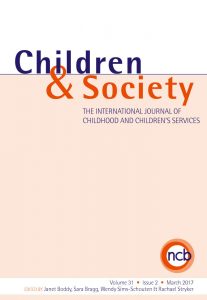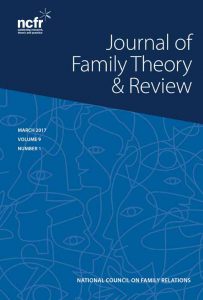Clipping Colorism at the Knees
“Mr. Leighton, Mr. Leighton! So-and-So said a bad word.” This is how my day has stared for the past two weeks. Like many sociology graduate students, my department does not offer summer funding so I’m forced to find it on my own. This summer, I am a Summer PALS (Play and Learn Sessions) Director in Maui. The work is hard, the hours are long, and the children are challenging, but through this experience I am able to hear the stories...








1467-7660/asset/DECH_right.gif?v=1&s=a8dee74c7ae152de95ab4f33ecaa1a00526b2bd2)
